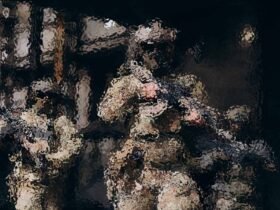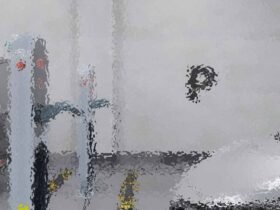CHANGES IN THE PROVISION OF WATER SERVICES IN AFRICA AFTER INDEPENDENCE
In African countries provision of clean and safe piped water during colonialism was mainly available in urban centers particularly in the European neighborhoods, African residential areas lacked clean water supply especially in rural areas where people continued to trot for many kilometers in search of water for human activities and for their livestock.
Soon after independence most African countries inherited colonial system of water provision that was very inadequate, disorganized and imbalanced in nature this was due to absence of government policies focusing on national water provision.
As time went on most African countries recognized the importance of having clean, safe and reliable water supply because provision of water is the only way of sustaining a healthy population. Following this they started to put emphasis on water provision through establishment of different strategies, projects and programs that ensures the provision of water supply in the country.
OBJECTIVES OF PROVISION OF WATER SERVICES IN AFRICA AFTER INDEPENDENCE
Improvement of the provision of clean and reliable water supply to the citizens
Provision of equitable distribution of infrastructures in the country
Improvement of levels of sanitation in the country
Expansion of more land for irrigation in order to be self sufficient in food production
Uplifting standard of living of the people by providing more reliable water supply
WEAKNESSES IN PROVISION OF WATER SERVICES IN AFRICA AFTER INDEPENDENCE
Limited access of water supply, only few people accessed clean water and good sanitation in the whole country. For example in Ghana only 32% of the population had access to clean water and good sanitation by 2005.
Unequal distribution of clean water between urban and rural areas
Existence of natural hazards, like droughts even when there is plenty of water that could be tapped for irrigation many farmers suffered from drought. Drought has led to the shrinking of water resources like dams and rivers.
Lack of skilled personnel who could repair and install facilities to supply water to residents.
Lack of financial resources as results most government does not prioritize provision of good sanitation following this many people loose lives due to water transmitted epidemics including cholera typhoid and dysentery.
High water charges, water firms charge high tariffs for provision of water as a result poor faced limitations from accessing clean and safe water.
Corruption and embezzlement of some water companies’ workers whereby they engaging incorruption and embezzling funds meant for water provision. For example this has been a big challenge for the city council of Nairobi since independence.
ACHIEVEMENTS IN THE PROVISION OF WATER SERVICES IN AFRICA AFTER INDEPENDENCE
Establishment of water infrastructures for example water pipes
Establishment of water treatment plants to treat clean water and supply it to the areas with no clean and safe water
Building of dams for water preservation in rural areas for human being and their animals
Protection of water resources through reforestation to preserve water resources.
Provision of education to the mass advising them to boil drinking water in order to avoid water transmitted diseases like typhoid.
Licensing companies to provide clean bottled water to citizens in order to reduce drinking unsafe water



















Leave a Reply